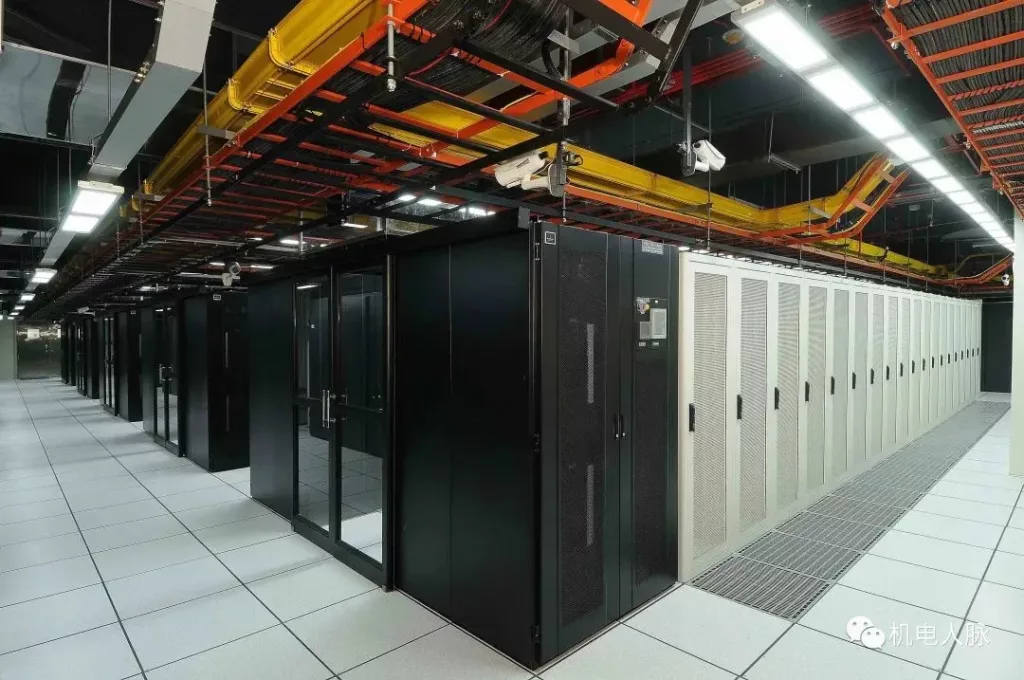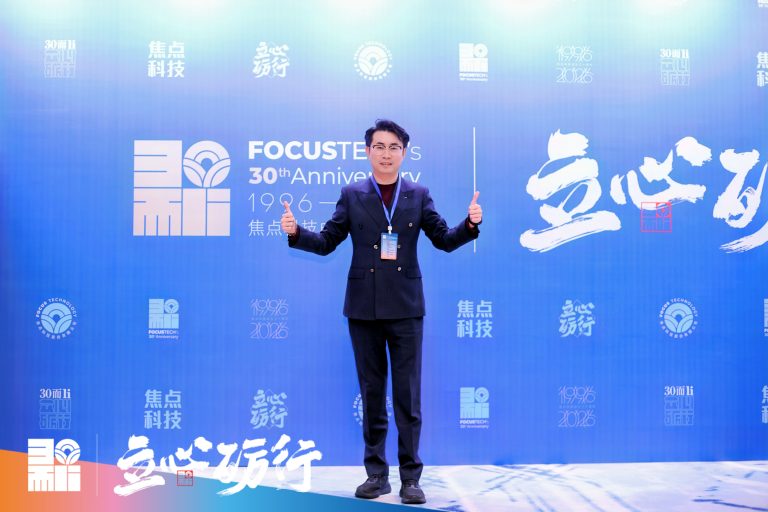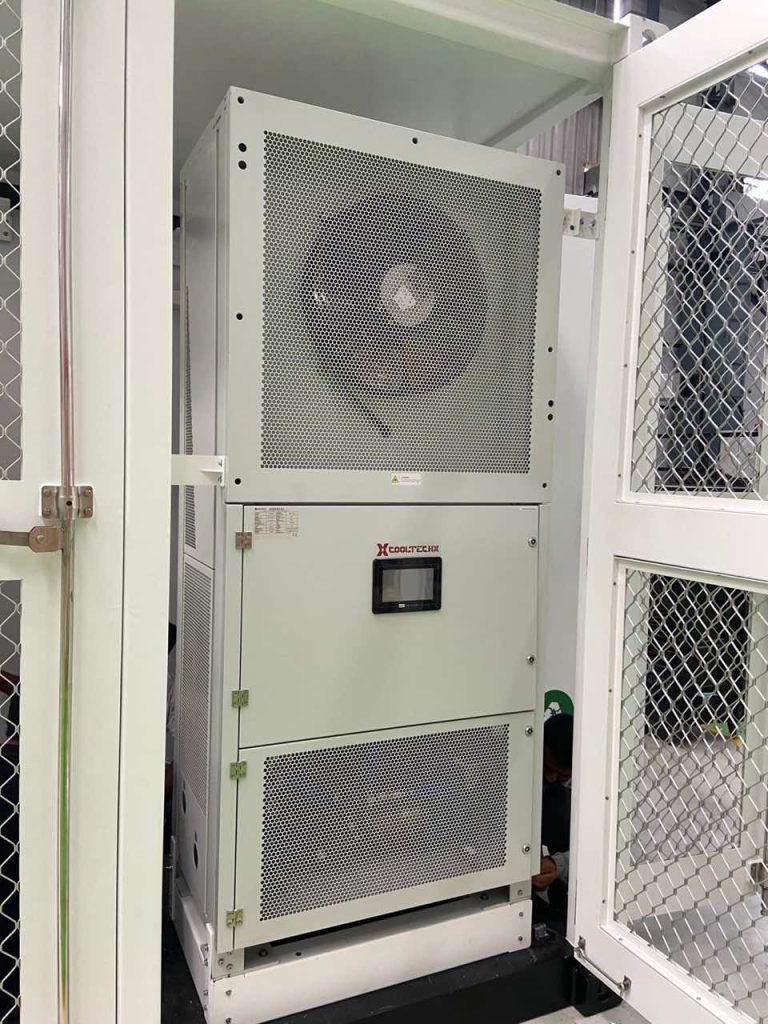In modern society, environmental protection is a top priority, and the industrial refrigeration and air conditioning sector is actively responding to this call by hastening the transition towards a greener and more sustainable future. Let’s delve into how green innovation and efforts are influencing the industrial refrigeration and air conditioning industry.
1. Energy efficiency improvement:
Industrial refrigeration and air conditioning companies are striving to enhance energy efficiency, thereby reducing energy consumption and carbon emissions. The latest refrigeration systems employ sophisticated compression technology and intelligent control systems to optimize performance efficiency, thereby trimming energy dependence and supporting environmental conservation.
2. Refrigerant innovation:
In the past, certain refrigerants had harmful effects on the ozone layer and global warming. Consequently, the industrial refrigeration and air conditioning industry is seeking more eco-friendly alternatives. New refrigerants with low Global Warming Potential (GWP) and zero Ozone Depletion Potential (ODP) are slowly replacing conventional high GWP refrigerants to alleviate the negative impacts of climate change.

3. Principle of circular economy:
Life cycle management of refrigeration and air conditioning (RAC) equipment is an integral part of environmental protection. Adopting circular economy principles allows companies to promote a sustainable life cycle for their products, encompassing design, production, utilization, and end-of-life. This approach reduces waste, enhances resource utilization, and minimizes environmental impact.
4. Intelligent control systems:
Industrial refrigeration and air conditioning systems now have intelligent control systems that optimize energy use by monitoring and adjusting operating parameters in real time. Avoiding waste saves money. This improves efficiency, extends equipment life, and reduces unnecessary energy waste.
5. Green certification and standards compliance:
More refrigeration and air conditioning companies are demonstrating environmental friendliness by obtaining green certification and complying with standards. This enhances brand image and motivates the industry to be more eco-friendly.
In the industrial refrigeration and air conditioning sector, adopting environmentally sustainable practices is both an obligation and a chance for growth. With an unwavering commitment to innovation, we can anticipate that tomorrow’s systems will be more efficient and eco-friendly, playing a vital role in establishing a greener and more sustainable society.




